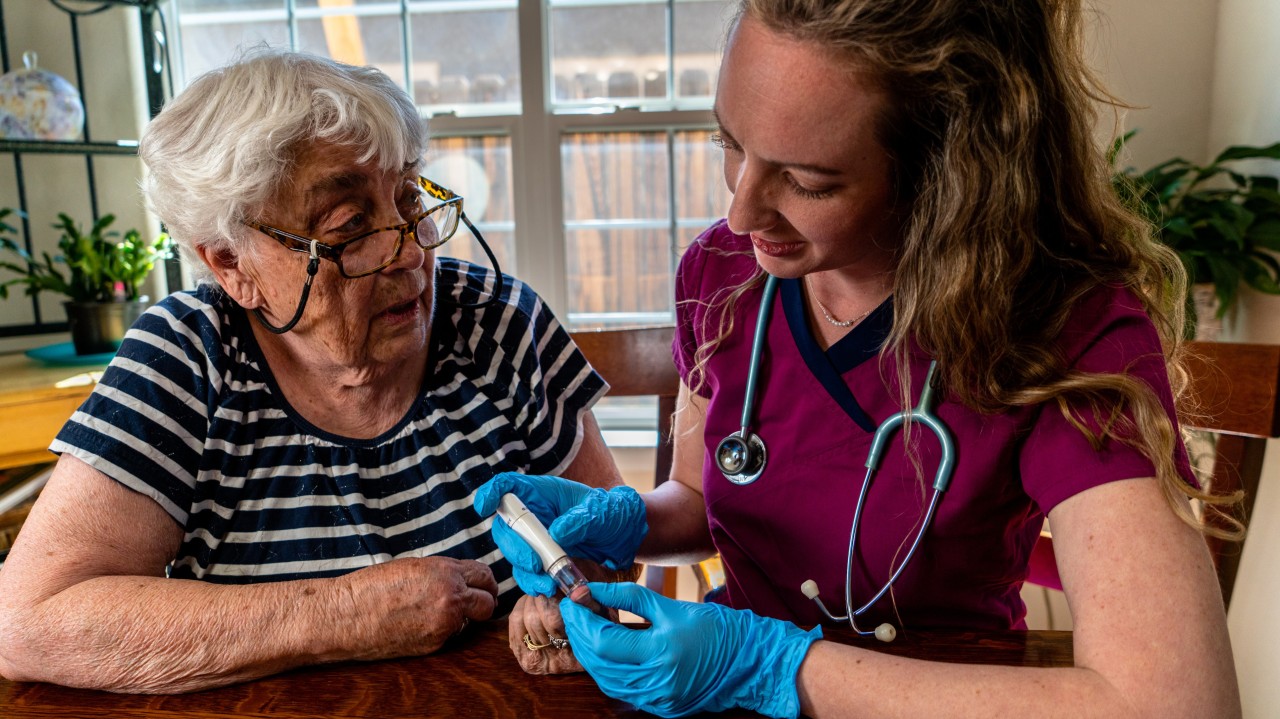
A study led by the Spanish Diabetes Society (SOCIEDAD ESPAÑOLA DE DIABETES), in which 65 Primary Care centres across Spain participated, highlights the shortcomings and inequalities in the treatment of type 2 diabetes at the primary care level. The study included the participation of IDIAPJGol researchers Violeta Antonio-Arques, Josep Franch Nadal, Berta Fernández Camins, and Joan Barrot.
The study, recently published in the journal Endocrinología, Diabetes y Nutrición, is part of the SED2 Study, which highlights inequalities in the treatment of the disease in the Spanish autonomous communities. The study recommends implementing common protocols and improving available resources to ensure equitable and comprehensive care.
Only half of the centres
According to the research, only half of the centres studied have a diabetes specialist, and nearly two-thirds have specific protocols for disease management. Nine out of ten centres have dedicated nursing professionals providing diabetes education, and fewer than four out of ten of the centres studied offer access to key tests such as non-mydriatic retinography.
In just under half of the centres included in this study, diabetic foot examinations, a key test for preventing serious complications, are primarily performed by nurses, and almost all teams can refer patients to vascular surgery or specialized units when necessary.
Regarding laboratory tests, glucose monitoring is performed every six months in almost 70 % of the centres, and more than 60 % offer online consultations with hospital specialists. Most primary care teams also have access to patients’ hospital medical records, which facilitates care coordination.
Significant regional differences
The study highlights significant differences between autonomous communities, especially in the organization of resources and access to certain diagnostic tests. “Care for type 2 diabetes varies widely across regions and needs to be strengthened with more training, resources, and coordination,” the authors note.
The researchers advocate for a multidisciplinary and shared approach among medical and nursing professionals, and for improved coordination with hospital care to address this chronic disease that affects more than 3 million people in Spain.
Study reference
Antonio-Arques V, Fernandez Camins B, Vlacho B, Barrot J, Navarro Pérez J, Menéndez Torre E, Mauricio D, Franch-Nadal J; SED and the researchers of the SED2 study. Clinical characteristics and management of type 2 diabetes in primary care in Spain. SED2 Study. Endocrinol Diabetes Nutr (Engl Ed). 2025 Apr;72(4):501543. doi: 10.1016/j.endien.2025.501543. Epub 2025 Apr 2. PMID: 40180835.